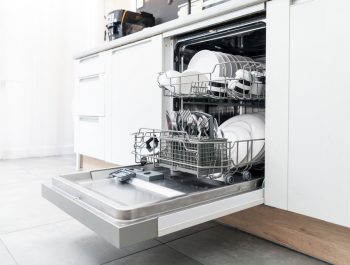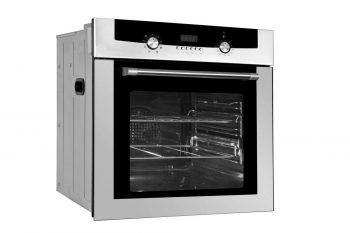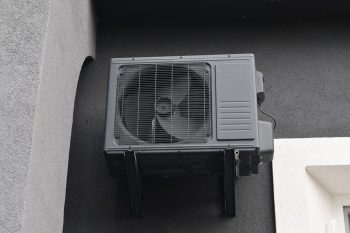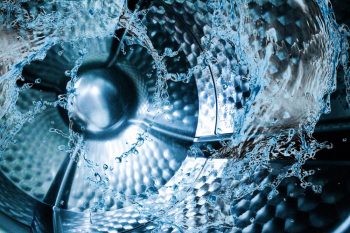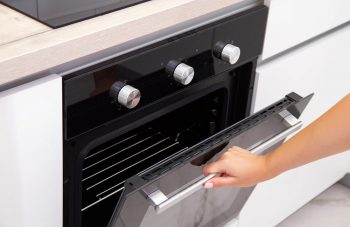
Buying a gas dryer can be a daunting task, with many factors to consider including size, capacity, energy efficiency, and safety. This comprehensive guide will walk you through every step of the process, from determining if your home has a gas line to choosing the right model for your needs.
To buy a gas dryer, first, ensure your home has a gas line. Measure the space where the dryer will be placed, considering the width, height, and depth. Choose a dryer with the right capacity based on your laundry load size, usually twice the capacity of your washing machine. Opt for an energy-efficient model, preferably with an ENERGY STAR certification. Compare prices and read reviews from various retailers before making a purchase. Finally, hire a licensed plumber for safe and proper installation.
Does Your Home Have a Gas Line?
The first step in buying a gas dryer is determining whether your home has a gas line. Gas dryers require a separate gas hookup, which may not be available in all households. If you don’t have a gas line, you’ll need to factor in the cost of having one professionally installed. You can check with your local utility company or hire a professional to determine if your home is equipped with a gas line.
Measuring the Space
Next, measure the height, width, and depth of the area where your dryer will go, as well as the doorways the dryer will have to fit through. Standard dryers are generally 27 inches wide and 36 inches high, with varying depths based on the model. Make sure to leave some extra space for proper ventilation and heat dissipation.
Choosing the Right Capacity
Consider the size of your laundry loads when selecting a dryer. A larger capacity dryer will be able to accommodate larger loads, reducing the number of cycles you’ll need to run. As a rule of thumb, the dryer’s capacity should be about twice the capacity of your washing machine.
Vented or Ventless?
Gas dryers are always vented, as they produce carbon monoxide during the combustion process, which must be exhausted outside. Ensure you have access to a vent and know how to clean it to prevent fire hazards.
Energy Efficiency
Energy-efficient dryers will have lower operating costs and a smaller environmental impact. Look for models with an ENERGY STAR certification, which uses 20% less energy than standard models.
Additional Features
Many dryers come with features such as moisture sensors, auto-dry cycles, and extended tumble options, which can improve the drying process and help protect your clothes. Consider which of these features are important to you and your specific needs.
Comparing Prices and Reading Reviews
Check various retailers, such as Home Depot, Lowe’s, Best Buy, and Walmart, to compare prices and read customer reviews. This will give you an idea of the performance and reliability of different models.
Professional Installation
If you’re installing a gas dryer, you’ll need a licensed plumber to connect it to the gas line. This ensures safety and proper installation.
Conclusion
By following these steps, you can find the right gas dryer for your needs and enjoy the benefits of faster drying cycles and potential long-term energy savings. Remember to consider your laundry load size, available space, and the BTU rating of the gas dryer when determining the right size for your home. Measure the space in your laundry area and compare it to the dimensions of the dryers you are considering.
Frequently Asked Questions
What does BTU rating mean in terms of gas dryers?
BTU stands for British Thermal Unit. It’s a measure of heat output and is used to describe the power of heating and cooling systems, like a gas dryer. The higher the BTU rating, the stronger the dryer.
How often should I clean the vent of my gas dryer?
It’s recommended to clean your dryer vent at least once a year. However, if you notice that your dryer is not drying clothes as efficiently as it used to, it might be a sign that you need to clean the vent sooner.
Is there a significant price difference between vented and ventless dryers?
As mentioned in the article, all gas dryers are vented. However, if you’re comparing gas (vented) dryers to electric (which can be ventless), the price can vary significantly based on the model, brand, and features of the dryer.
How does an auto-dry cycle work?
Auto-dry cycles use sensors to detect the moisture level in the clothes. Once the clothes are dry, the dryer automatically shuts off, which can save energy and prevent over-drying.
Can I install a gas dryer by myself?
It’s strongly recommended to have a gas dryer installed by a professional, as improper installation can lead to gas leaks, which can be dangerous.

